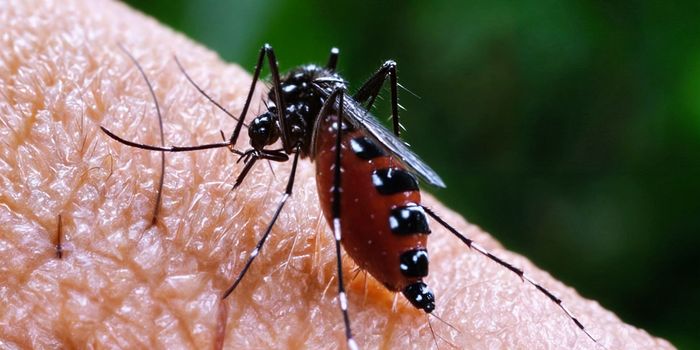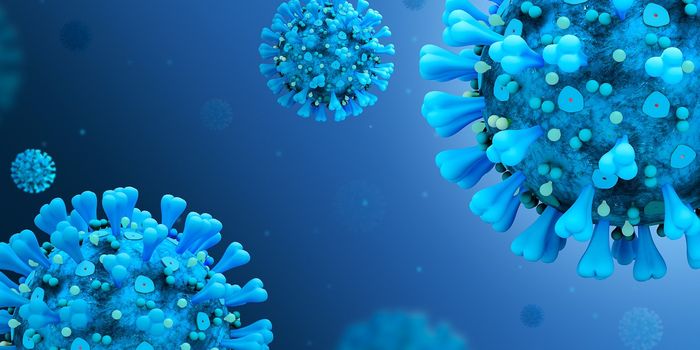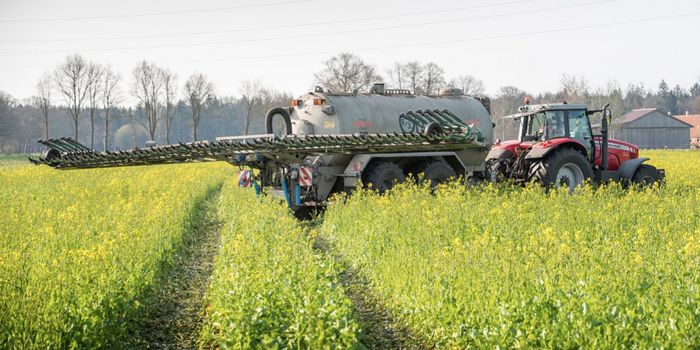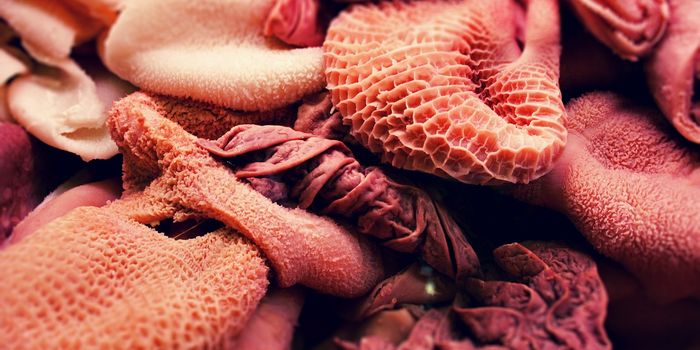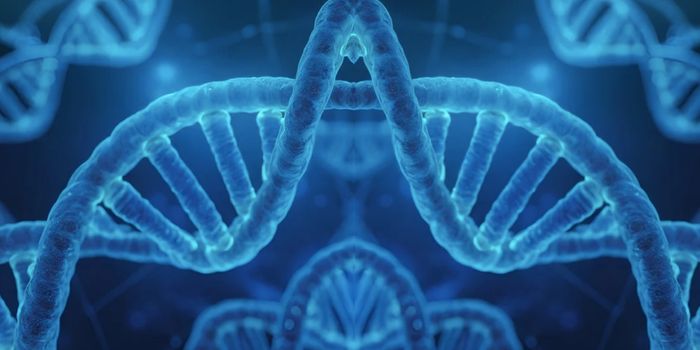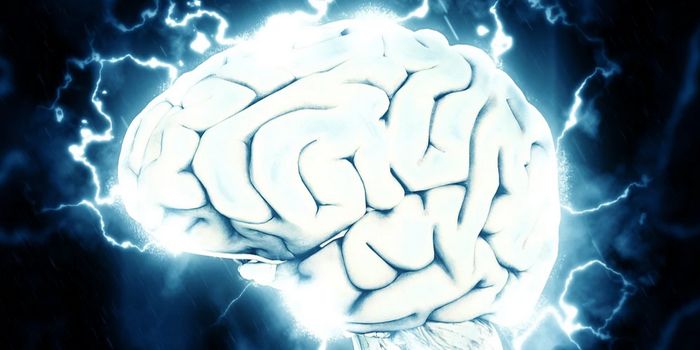Pregnancy Could Have a Major Influence on Aging
Pregnancy causes a massive number of stressful and drastic changes in a person's body. Pregnancy can also lead to a host of complications, both before and after birth; these can include gestational diabetes, preeclampsia, or postpartum depression. A new study has also found evidence that pregnancy can accelerate aging significantly, but also leads to a period of major recovery and reversal of that aging, which can be affected by breastfeeding and body-mass index. The findings have been reported in Cell Metabolism.
Aging is a natural event experienced by all of us, and researchers are still learning about the biological mechanisms that underlie the process. One feature of aging appears to be changes in the epigenome, which refers to features of DNA that can change how genes are expressed without altering the genetic sequence. Epigenetic characteristics can include chemical modifications like methyl groups or structural changes to DNA that affect which regions may or may not be accessible to the cell's machinery.
In this study, the researchers focused on so-called epigenetic clocks, which can provide a measure of biological age, according to previous research. The investigators compiled epigenetic data across pregnancies, which suggested that during a 20-week period of early to late pregnancy, age increased by about two years. This indicated that pregnancy does accelerate aging.
However, the researchers also followed up with the volunteers three months after they had given birth. They found a major reversal. "At three months postpartum, we saw a remarkably large decrease in biological age, by as much as eight years for some individuals, so while pregnancy increases biological age there is a clear and pronounced recovery in the postpartum," said senior study author Assistant Professor Kieran O'Donnell, PhD, of the Yale Child Study Center (YCSC).
This work has confirmed a previous report in Cell Metabolism that suggested that different kinds of stress can increase biological age in a temporary or transient way.
The data also showed that when maternal body mass index was higher, there was a negative effect on the aging acceleration recovery, leading to higher estimates of biological age during the postpartum period.
In additon, breastfeeding was found to accelerate the reduction in maternal biological age during a three-month postpartum period.
Now, there are many new questions. "First, we don't know if the postpartum recovery effect is relevant for short or long-term maternal health outcomes and if these effects accumulate over successive pregnancies," noted O'Donnell. "Likewise, we don't know if the postpartum decrease in biological age is simply the system recovering to pre-pregnancy biological age or, more provocatively, if pregnancy may have a rejuvenating effect."
More studies will beneeded to confirm the findings and answer other new questions.
Sources: Yale University, Cell Metabolism


